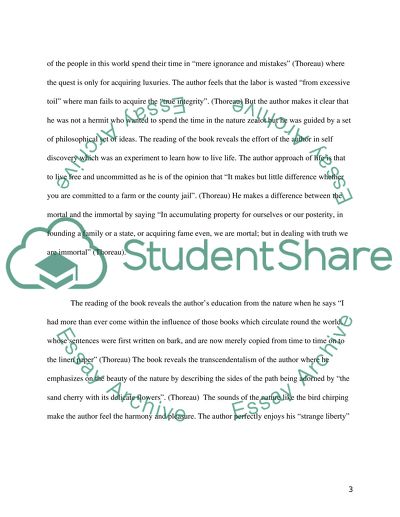Cite this document
(“Walden by Henry Thoreau Essay Example | Topics and Well Written Essays - 1750 words”, n.d.)
Retrieved from https://studentshare.org/environmental-studies/1424184-walden-by-henry-thoreau
Retrieved from https://studentshare.org/environmental-studies/1424184-walden-by-henry-thoreau
(Walden by Henry Thoreau Essay Example | Topics and Well Written Essays - 1750 Words)
https://studentshare.org/environmental-studies/1424184-walden-by-henry-thoreau.
https://studentshare.org/environmental-studies/1424184-walden-by-henry-thoreau.
“Walden by Henry Thoreau Essay Example | Topics and Well Written Essays - 1750 Words”, n.d. https://studentshare.org/environmental-studies/1424184-walden-by-henry-thoreau.


